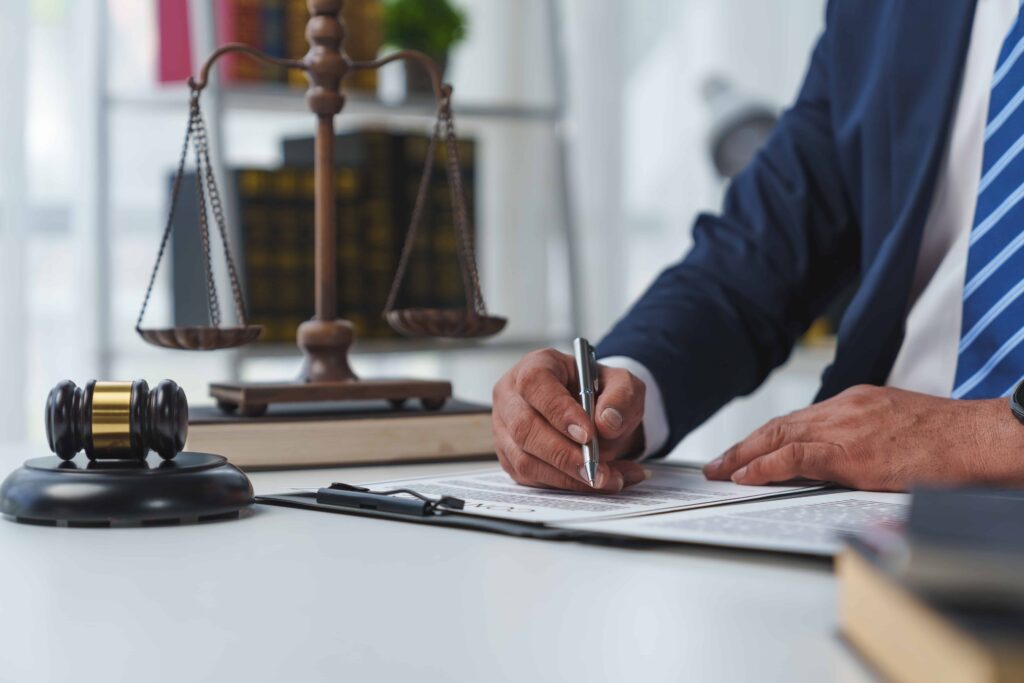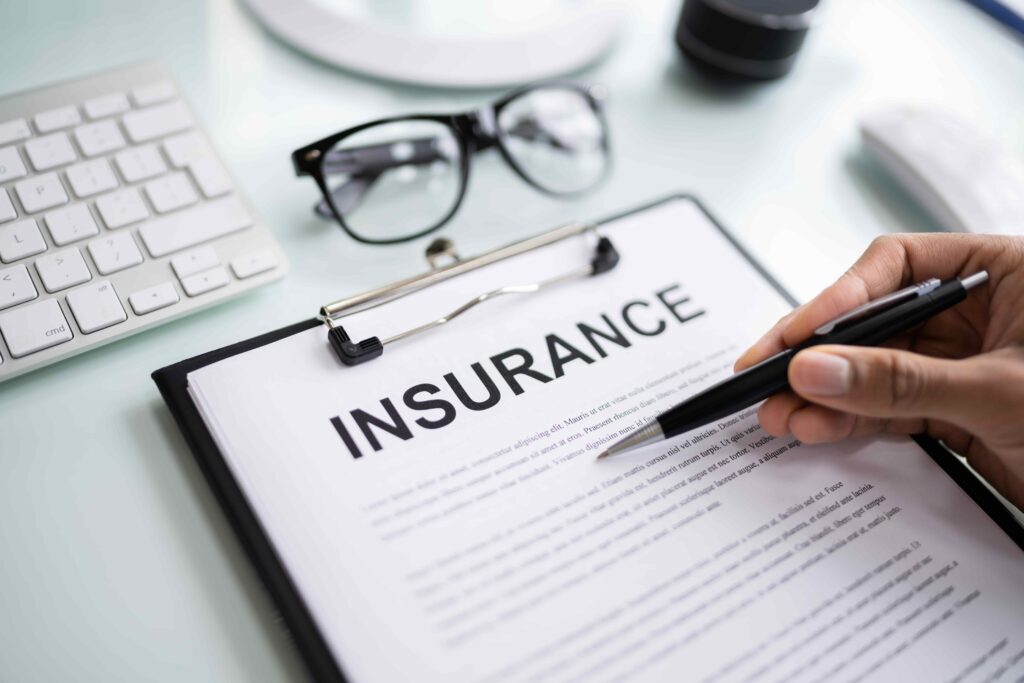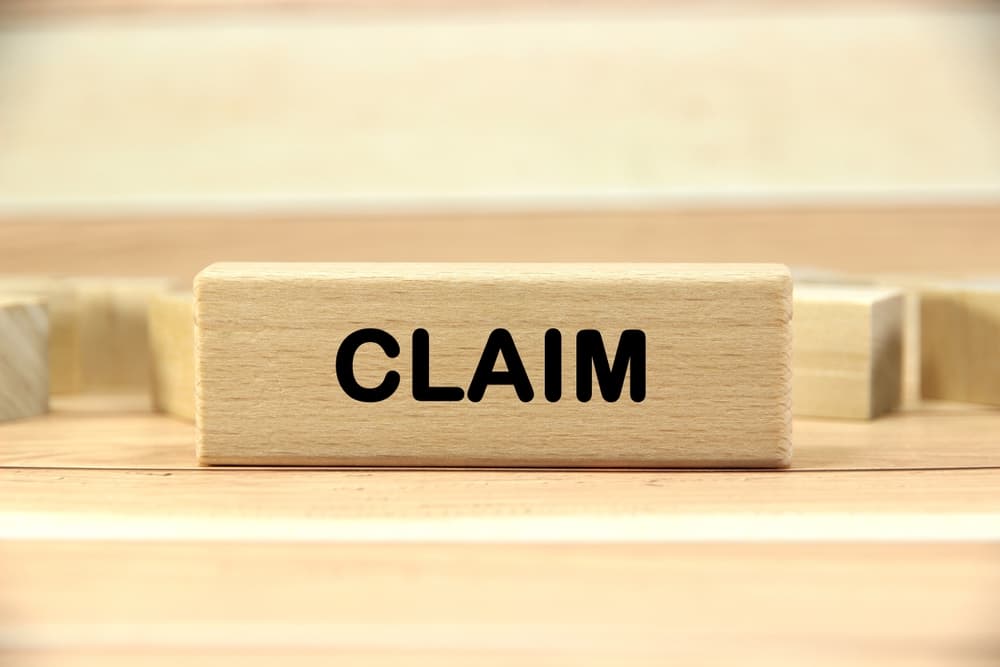When you have suffered an injury in an accident caused by someone else’s negligence, you may have the legal right to pursue a personal injury claim. Many people, however, are uncertain about what the process involves or what they should expect. Understanding how a personal injury claim works can help reduce stress and prepare you for the future.
A personal injury claim should help you recover compensation for your losses, including medical expenses, lost earnings, property damage, and pain and suffering. The process usually begins with a consultation with an attorney, who will evaluate your case and explain your legal rights. From there, your lawyer will gather evidence, such as accident reports, medical records, and witness statements, to build a strong claim on your behalf.
In most cases, your attorney will negotiate with the at-fault party’s insurance company to reach a fair settlement. If negotiations fail, your case may proceed to court, where a judge or jury will determine liability and damages.
While each case is unique, you can expect your personal injury claim to involve careful documentation, communication with insurers, and the guidance of a skilled attorney working to protect your best interests and maximize your recovery. Call the personal injury lawyers at Shebell & Shebell at (732) 663-1122 to discuss your case.
Key Takeaways About Personal Injury Claims
- Insurance companies make the personal injury claims process challenging.
- You can expect a lengthy process containing multiple steps before resolving your case.
- A trial may not necessarily happen as part of your personal injury case, although that is always your right.
- You should speak to an experienced personal injury attorney to learn more about what to expect during the legal process.
What Is the Personal Injury Legal Process Like?

The legal process for personal injury can be lengthy from beginning to end. Each case can vary depending on the accident type and the claim’s complexity, but most follow a general framework.
These are the steps that you can expect in a personal injury claim from beginning to end:
- Initial Consultation and Case Evaluation: You meet with a personal injury lawyer to discuss what happened, your injuries, and potential legal options. The lawyer assesses whether you have a valid claim and explains your rights.
- Investigation and Evidence Gathering: Your attorney collects police reports, medical records, witness statements, photographs, and other evidence to build a strong case. They may also consult with accident reconstruction experts or medical specialists.
- Demand and Negotiation with Insurance Companies: Before filing a lawsuit, your lawyer usually sends a demand letter to the insurance company outlining your injuries, damages, and the compensation you seek. This letter often leads to negotiations aimed at reaching a fair settlement.
- Filing a Lawsuit (if you cannot reach a settlement): If negotiations fail, your attorney files a formal lawsuit. This process starts the litigation phase, which involves court deadlines and procedures.
- Discovery Phase: Both sides exchange information through depositions, written questions, and document requests. This stage helps clarify the strengths and weaknesses of each side’s case.
- Mediation or Settlement Discussions: Courts often encourage settlement before trial. Mediation allows a neutral third party to help both sides negotiate.
- Trial: The case goes to trial if you cannot reach a settlement. Both sides present evidence, witnesses testify, and a judge or jury decides liability and damages.
- Post-Trial and Appeals: If either side is dissatisfied, they may appeal. Otherwise, a verdict or settlement will determine the compensation amount.
Most Personal Injury Claims End in a Settlement Along the Way
Although the personal injury legal process includes a potential trial as its capstone, your case will rarely end up in court before a jury. Only somewhere in the neighborhood of 5 percent of personal injury cases will end up at trial. Most cases result in a settlement that you sign with the insurance company. Of course, you always have ability to go to trial if you want because you have legal rights. Usually, a trial is only a last resort if you cannot reach a settlement agreement with the insurance company.
Both you and the insurance company have your own risks that make you more likely to consider settling your case without the need for a trial. From your standpoint, a trial may add considerable time to your case. Further, you may lose your case before a jury and end up with nothing.
Insurance companies also do not want to risk going to court. The court may order them to pay far more than they would have offered in a settlement, and this figure may even include punitive damages. Insurance companies can face a bad-faith lawsuit from their policyholder if they fail to settle a case, and the client is liable for damages.
Insurance Companies Make Personal Injury Claims Difficult

Insurance companies often make the personal injury claims process more difficult than it needs to be. Their primary objective is to protect profits, not ensure injured people receive full compensation. Any dollar insurance companies pay you in a settlement comes from their own account. Adjusters know how to minimize payouts by disputing liability, undervaluing damages, or attempting to shift blame onto the injured party. These tactics can leave victims feeling frustrated and overwhelmed, especially when they are trying to focus on recovery.
One common strategy is downplaying the severity of injuries. Insurance companies may argue that a victim’s injuries are preexisting or not as serious as claimed, even when medical records support them. They may also delay processing claims in hopes that financial stress will push the injured person into accepting a low settlement offer. Insurers sometimes request unnecessary documentation or repeatedly ask for additional evidence to wear claimants down.
Another challenge arises in how insurers calculate damages. They often use formulas or software that will undervalue pain and suffering, emotional distress, or future medical expenses. As a result, the compensation offered rarely reflects the true impact of the injury.
Without legal representation, many victims unknowingly accept these inadequate offers. A personal injury lawyer understands these tactics, can push back against unfair practices, and can negotiate for fair compensation. By holding insurance companies accountable, lawyers ensure they do not take advantage of victims during one of the most stressful times of their lives.
You Have the Best Chances of Success in the Claims Process with a Personal Injury Lawyer
Getting the best results from the personal injury claims process almost always requires the guidance of an experienced lawyer. While insurance companies handle thousands of claims annually and have teams of professionals working to limit payouts, most accident victims are navigating the process for the first time. Making mistakes, like accepting an unfair settlement, can easily cost you thousands of dollars without knowledgeable representation.
A personal injury lawyer levels the playing field by bringing legal experience, negotiation skills, and resources to your case. They start by thoroughly investigating the accident, gathering medical records, witness statements, and expert opinions to build a strong claim. This evidence not only proves liability but also demonstrates the full extent of your damages, including medical expenses, lost income, pain and suffering, and long-term care needs.
Lawyers also know how to handle insurance adjusters. Instead of allowing insurers to minimize your injuries or pressure you into a quick settlement, your lawyer will negotiate from a position of strength. If parties cannot reach a fair settlement, they will take the case to trial, which puts additional pressure on the insurance company to pay what you truly deserve.
Having a lawyer guide you through each step, whether investigation, negotiation, or possible litigation, increases your chances of receiving maximum compensation. With skilled legal representation, you can focus on recovery, knowing that a professional is protecting your rights and that the outcome of your claim reflects the real impact of your injuries.
You Will Not Receive a Bill From a Personal Injury Attorney During the Claims Process

One of the biggest concerns people have after an accident is how they will afford a lawyer. The good news is that your lawyer will not bill you during the claims process in most personal injury cases. Personal injury attorneys typically work on a contingency fee basis, which means their payment depends entirely on the outcome of your case. Instead of paying hourly fees or large upfront retainers, your lawyer only gets paid if they recover your compensation through a settlement or verdict.
This arrangement makes legal representation accessible to everyone, regardless of financial situation. It also aligns your lawyer’s interests with your own—your attorney will work to secure the best possible result because their fee is a percentage of the recovery. During the claims process, you will not receive monthly invoices, and you do not need to worry about legal bills piling up while dealing with medical expenses and lost income.
If your case is successful, your lawyer will deduct fees and certain case expenses from the settlement or award. If your case is unsuccessful, you typically owe nothing for legal services. This structure provides peace of mind and lets you focus on healing while your lawyer fights for fair compensation.
How Long Will My Personal Injury Case Take?
Not only are you focused on the amount of money you may receive should your case be successful, but you may also be concerned about how long your case may take. When you have sustained damages in an accident, you obviously need compensation, which you may be due when you can prove fault. However, you will likely not know much about your case’s timing.
Much depends on the insurance company in your case and how it responds to your claim.
Insurance companies sometimes drag out personal injury claims to strengthen their negotiating position and weaken yours. They may delay their response to your claim or make lowball settlement offers to add time to the timeline.
You may want your personal injury claim to take longer because accepting a quick and low settlement offer is not in your interest. You must fight for every dollar you deserve, which takes time. An experienced personal injury attorney knows how to put legal pressure on the insurance company in a way that can make it act more quickly. Insurance companies are more likely to respond to you when they see that an experienced personal injury lawyer represents you.
Personal Injury Claim FAQs
[faq_block h=”3″]
When should I hire a personal injury attorney?
You should get legal help as soon as possible after you have suffered an injury in the accident. By entrusting your case to a skilled attorney, you increase your chances of obtaining a favorable settlement that covers your medical expenses, lost earnings, and pain and suffering.
How do I win a personal injury case?
You must show that someone else’s actions were responsible for your injury, most likely because they were negligent. Proving negligence requires gathering evidence, such as eyewitness testimonies, accident reports, and medical records. Your attorney will analyze these pieces of evidence to establish a clear link between the defendant’s actions and your injuries.
How long do I have to file a personal injury claim?
You must be keenly aware of the statute of limitations, which dictates how long you must seek financial compensation in your personal injury case. In most states, a statute of limitations determines how long you have to file a claim after an injury occurs. This timeframe can vary depending on the type of injury and the state in which the incident took place.
A Personal Injury Attorney is Standing By
With a lawyer by your side, you can focus on your recovery while they handle the intricate details of your case. Their dedication and commitment to your best interests will serve as a valuable asset in pursuing justice and achieving a successful outcome in your personal injury claim.
Speak to a personal injury attorney at Shebell & Shebell by calling us today at (732) 663-1122.
You must prepare to hold out for all the money you deserve, or else you fail to maximize your case’s value. You are most effective when you work hand-in-hand with a personal injury attorney and let them do their job.














